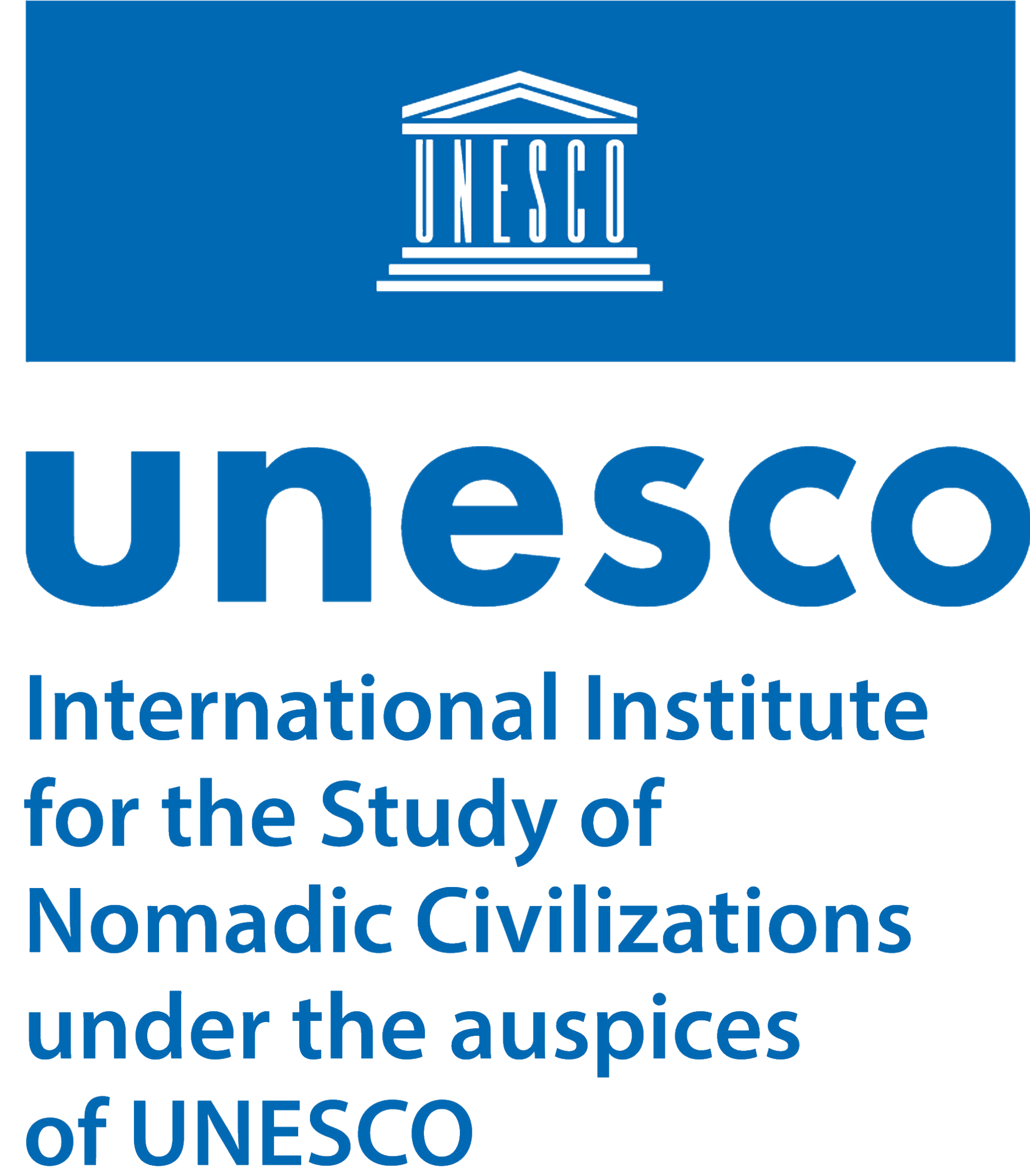Call for papers: Museums and Nomads
The journal Nomadic Studies invites submissions for a special issue on “Nomads and Museums”.
Modern museums have played a major role in configuring knowledge about “nomads”, through the systematic collecting, study, and exhibition of material belongings from pastoralists and other mobile peoples. Museums have operated both as active sponsors of field expeditions and as repositories for archaeological and ethnographic collections, accumulating nomadic peoples’ material heritage in major institutions such as the British Museum, the Hermitage Museum, the Russian State Museum of Oriental Art, and the American Museum of Natural History. While these collections and institutions are often framed by colonial or imperial ambitions, national and local museums may place alternative claims to nomadic cultural heritage in service of nation-building or community-building goals. Such museums include the Chinggis Khaan National Museum, established in Mongolia in 2019; and various private yurt-museums located in Tuva, Kyrgyzstan, Kalmykia, China, and elsewhere. Yet other museums build upon “treasure collections” brought to or from nomadic nations, including the collections of the Bogd Khan of Mongolia, whose palace became the original site of the Mongolian State Museum in 1924; the Peter the Great Museum of Anthropology and Ethnography in Saint Petersburg; or the Danzanravjaa Museum, which incorporates collections from the 19th-century cabinet of curiosities originally situated at Khamar Monastery in Mongolia.
This special issue of Nomadic Studies will describe and critically examine the diverse roles of museums in defining and representing the “nomad” or “nomadic culture”, including efforts to conserve, (re)interpret, repatriate, or reclaim cultural property through heritage institutions. Submissions may take the form of short research articles (approximately 5000 words), descriptive reports presenting a recent or ongoing museum-based initiative (approximately 1500 words), photo essays, or exhibition reviews. Submissions from museum practitioners, including curators and researchers who self-identify as members of nomadic cultural communities, are especially welcome.
Some examples of topics for research articles or reports include, but are not limited to:
- The history of museums and collections concerning nomadic people or societies
- How the category of the “nomad” has been constructed or interpreted through museum collections, displays, and taxonomies
- Efforts to reclaim or repatriate nomadic cultural property held by museums
- Innovative forms of representation or experiential learning in museum spaces, such as multisensory or virtual reality installations, visitor workshops, or open-air museums of nomadic culture
- The semiotics of museums as nationalist or tourist projects, including processes of self-commodification and self-exoticization for the visiting Other
- The circulation of material objects into, within, and between museums and temporary exhibition spaces, as forms of “nomadization” of the museum and its collections
Interested authors are invited to submit an abstract and title through the online portal, https://nomadicstudies.org, by March 15, 2025 with full manuscripts due by June 30.
All submissions will be peer reviewed. Accepted articles will receive editorial support, including language editing, as funds allow. Submissions should be made in English.
ABOUT THE JOURNAL: Nomadic Studies is a peer-reviewed journal published by the International Institute for the Study of Nomadic Civilizations under the auspices of UNESCO. Published continuously in print since 2000, the journal has recently transitioned to an online-first, open access format.
SUBMISSION LINK AND GUIDELINES FOR AUTHORS: https://nomadicstudies.org/journal/about/submissions
For further details, please contact Dr. Eric Thrift, University of Winnipeg Anthropology Museum: e.thrift@uwinnipeg.ca.




